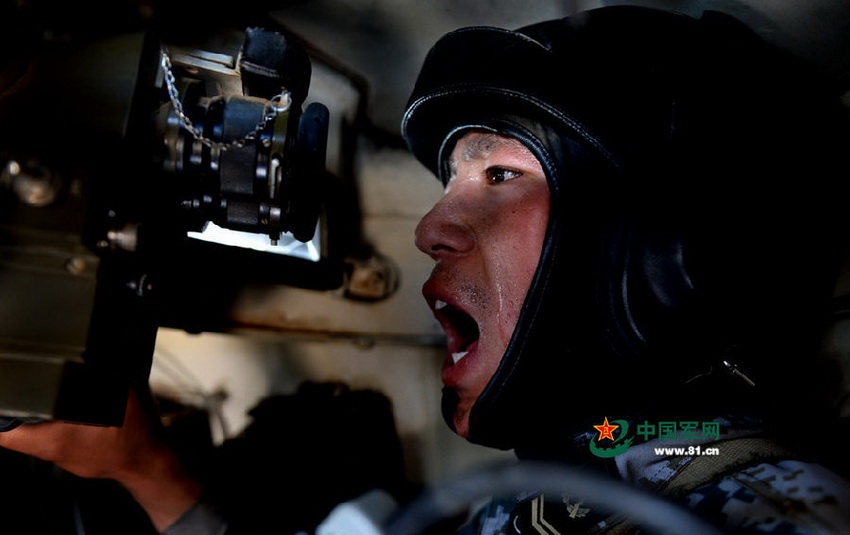The World Health Organization (WHO) on Monday said it is working with local and international partners in Iraq to meet the urgent health needs of population affected by the ongoing crisis.
The security deterioration in Iraq started last week when bloody clashes broke out between the Iraqi security forces and hundreds of gunmen who took control of several neighborhoods in western part of Mosul and expanded later to other areas and provinces after the Iraqi security forces withdrew from the city.
WHO is concerned about the health situation, which is expected to deteriorate given the increasing number of people requiring humanitarian assistance and the difficulties faced in channeling human resources and logistics from Baghdad to affected areas.
Immediate and critical health risks of concern to WHO include the spread of measles, which is endemic in Mosul and could potentially lead to outbreaks, especially in overcrowded areas where internally-displaced persons are located.
To monitor disease outbreaks, WHO has strengthened its disease early warning alert and response system in the city of Kurdistan and Mosul.
Meanwhile, WHO also launched emergency polio and measles vaccination activities for internally-displaced persons with the directorates of health in Dohuk and Erbil.
A team from WHO is currently on the ground assessing the risk of epidemics in affected areas and will ensure that systems are in place to rapidly respond and contain disease outbreaks.
"The impact of the unfolding armed conflict in Mosul and neighboring districts on the health of affected population cannot be underestimated. These developments are expected to result in critical health consequences," the WHO Representative in Iraq Syed Jaffar Hussain said in a statement.
WHO's response to the crisis will focus on coordination among health actors, trauma care, outbreak control, protection of hospitals and health personnel, ensuring the continuation of the supply chain for medicines and medical supplies etc.
 College girls take stylish photos to help enrollment
College girls take stylish photos to help enrollment Top 10 Chinese products scoring World Cup goal
Top 10 Chinese products scoring World Cup goal PLA units hone their tank combat skills
PLA units hone their tank combat skills Attendants shine at Xinjiang-Lanzhou high-speed rail
Attendants shine at Xinjiang-Lanzhou high-speed rail Jiuzhai Valley - fairyland of the world
Jiuzhai Valley - fairyland of the world Can't take eyes off national teams in World Cup
Can't take eyes off national teams in World Cup Beijing strips off to celebrate summer
Beijing strips off to celebrate summer
 Traditional wedding ceremony of China's Buyi ethnic group
Traditional wedding ceremony of China's Buyi ethnic group Art school students present works in Nanjing
Art school students present works in Nanjing Top 20 hottest women in the world in 2014
Top 20 hottest women in the world in 2014  China's top 10 representative architectures
China's top 10 representative architectures Cute animals' leisure summer in zoo
Cute animals' leisure summer in zoo Exhibition of the Buddha held in Tibet
Exhibition of the Buddha held in Tibet Grandpa Kang takes Gaokao for 14th time
Grandpa Kang takes Gaokao for 14th time Incredible animal migration in Xinjiang
Incredible animal migration in Xinjiang Day|Week|Month